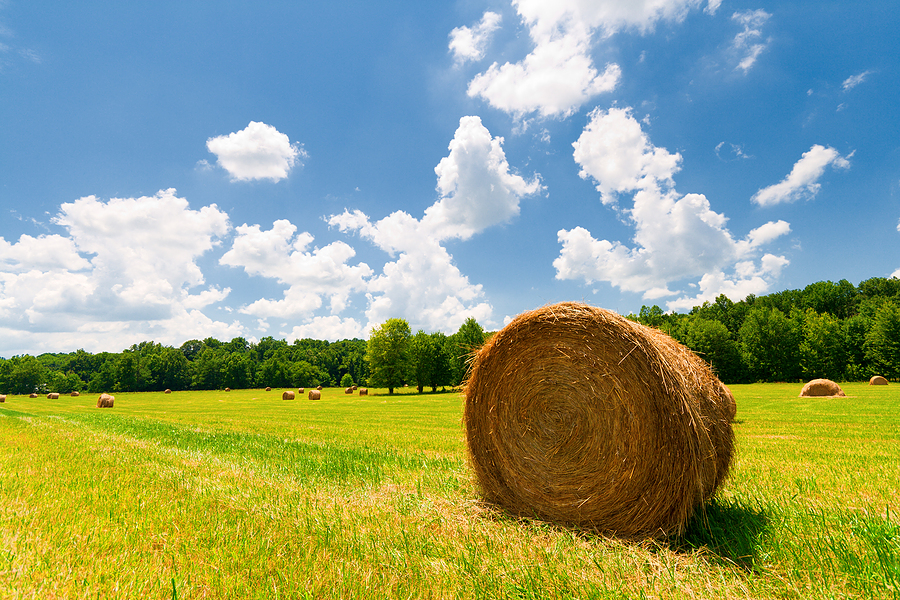
Roses may be red, and violets blue, but microbes also do a lot for me and you. While the word ‘microbe’ sounds scary to many — we often associate them with sickness and disease (i.e. flu, ebola, flesh-eating disease) — these tiny lifeforms actually provide myriad benefits to the health of people and the planet. There are more microbes on Earth than stars in the universe. Bacteria, one of the most common types of microbe, have an estimated population of five million trillion trillion — that’s a five with thirty zeroes behind it — it’s almost an unimaginably large number. With that many, they can’t all be bad, right?
Here are 5 reasons to love microbes:
1. Microbes help boost the immune system
Bacillus, a rod-shaped bacteria found in the digestive tract, bind to immune system cells and stimulate them to divide and reproduce, according to 2010 research from Loyola University. Eventually, those with weakened immune systems could be treated by introducing these bacterial spores into the system. These microbes could potentially even help the body fight cancerous tumors, the research suggests.
2. Microbes keep us fit
Microbes play a key role in our body by helping us digest and ferment foods. They also produce chemicals that shape our metabolic rates. In fact, disturbances in our microbial community may be one of the factors leading to an increase in obesity, research has found. With obesity rates in the United States at record highs, perhaps we could use more of these little guys to help keep us fit.
3. Microbes fight food waste
With food waste reaching epic proportions in the United States and beyond, we need every tool in the toolbox for reducing it. Microbes — specifically, bacteria — can help reduce this waste in an eco-friendly way, through two primary processes: anaerobic and aerobic digestion. And it might just be one of the best tools for cutting down food waste in a way that turns waste into valuable resources. Anaerobic digestion is a series of biological processes in which microorganisms break down biodegradable material in the absence of oxygen. Aerobic digestion is a biological process in which oxygen-loving microorganisms are used to consume organic matter and convert it into stable solids, carbon dioxide and more organisms.
4. Microbes make beer and wine possible
Besides bread-making, the yeast Saccharomyces cerevisiae is probably best known for its use in making adult beverages. This process involves mixing a sugar source, including barley for beer, fruit juice for wine, or rice or potato starch for spirits, with yeast and water.
The yeast first consumes the sugars aerobically until the oxygen runs out — it then ferments the sugars anaerobically, producing ethanol and carbon dioxide as waste. When the concentration of ethanol gets to be around 20 percent, the yeast stops fermenting, so distilling is used to make liquor with a higher alcohol concentration.
5. Microbes help us treat sewage
Microbes are a critical part of wastewater treatment during a few different steps of the process. After the sewage has been physically filtered to remove solid waste — called primary treatment — microbes break down the insoluble organic matter during secondary treatment.
Microbes in sewage treatment plants also convert nitrate in the wastewater to nitrogen gas that is lost to the air. Called denitrification, this process is important because water with a high nitrate content can stimulate huge blooms of algae that pollute lakes, rivers and streams.

